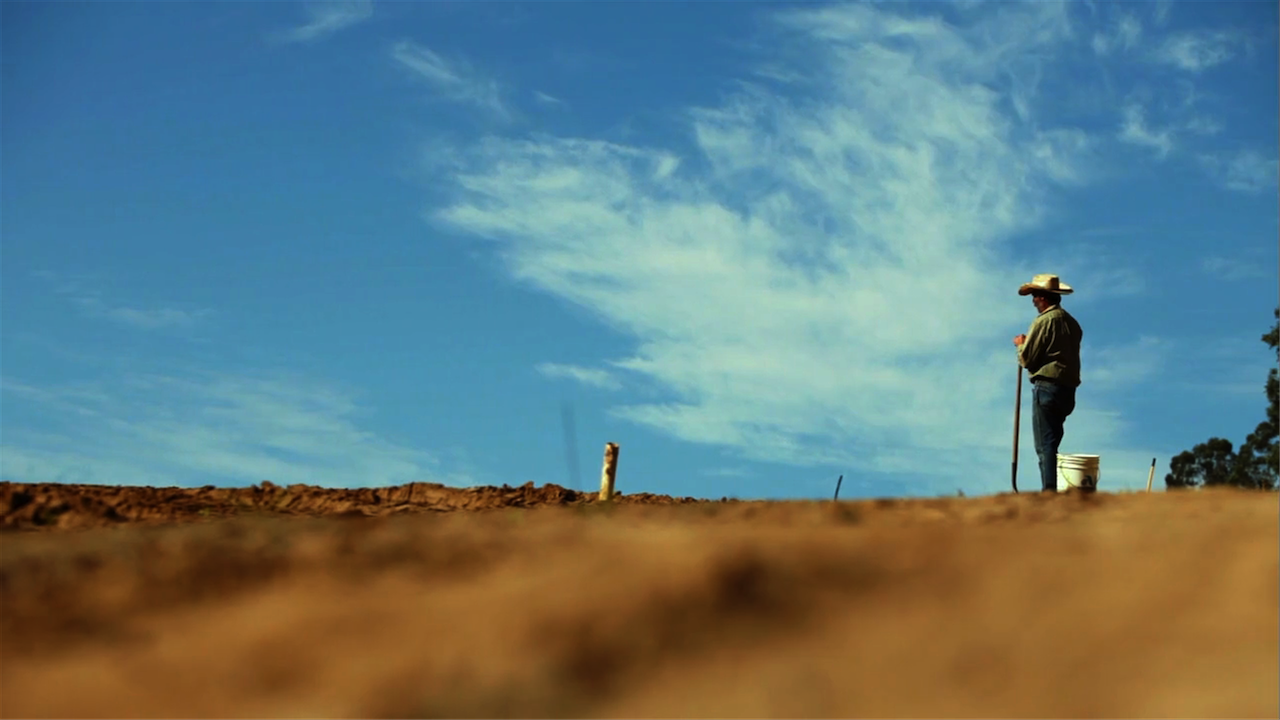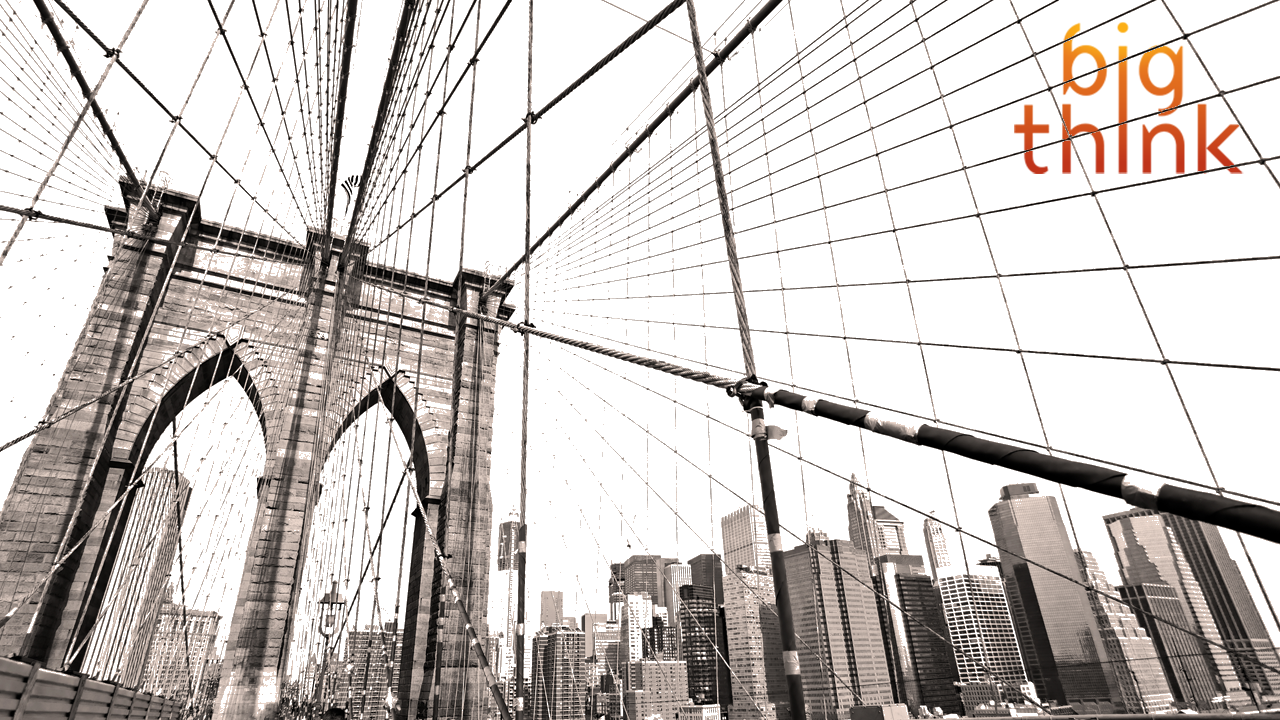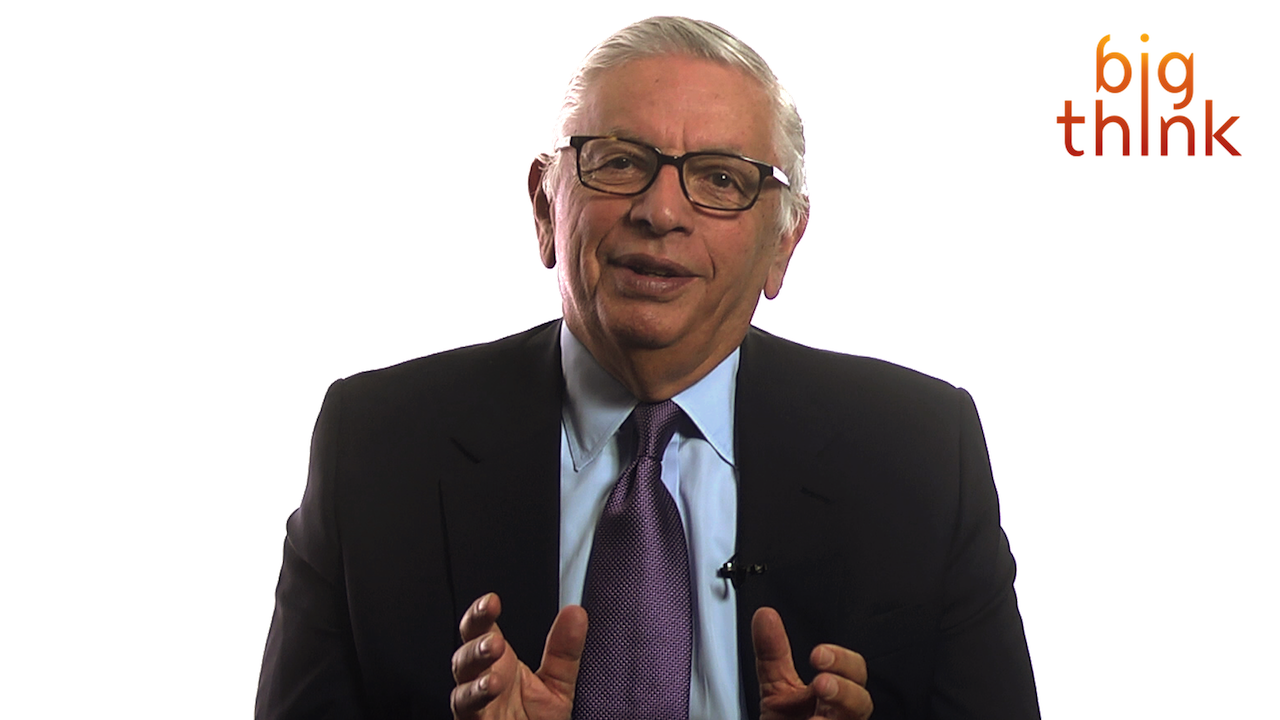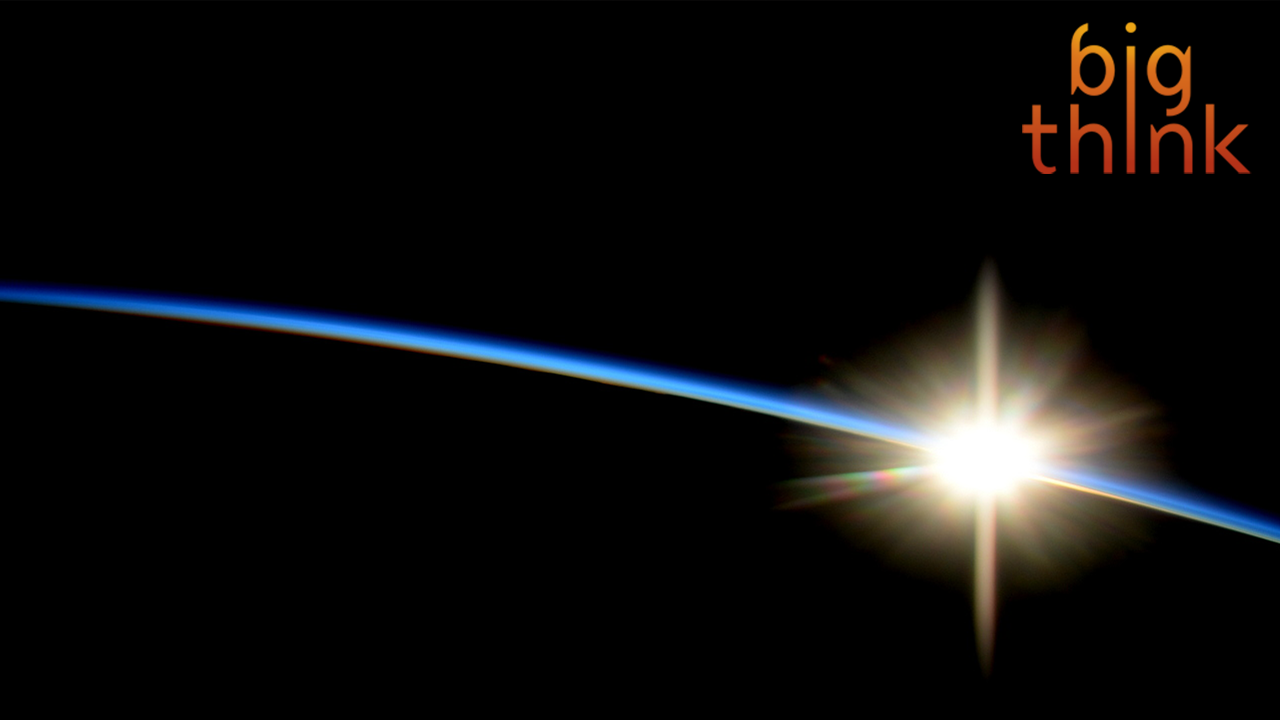The Norwegian town of Lillestrøm recently undertook an experiment that demonstrated the economic value of emission-free transportation by giving cash to its citizens.
Search Results
You searched for: Big Think
Angry drivers hate aggressive bicyclists but biking with confidence may the best way to stay safe on city streets.
Filmmaker Sanjay Rawal discusses Food Chains, his new documentary investigating the plight of a group of farm workers in Southern Florida who have fought for fair food standards.
It was fifty years ago that the French philosopher and author Jean-Paul Sartre graciously refused the Nobel Prize for Literature. How different (and more noble?) his world was from ours.
While it’s more pleasant to be pleasant with those around you, being a crank can have its benefits when it comes to getting your way.
Saw “Solar System Questions” by xkcd? Here’s what science thinks it knows. “Put two ships in the open sea, without wind or tide, and, at last, they will come together. […]
With everyone always trying to identify “the next Silicon Valley,” Eric Hippeau explains that New York City needs not try to be the next anything. It’s already a force in and of itself.
STEM careers and technology start-ups are all the rage, but national labor statistics present a different reality: most job growth will occur in fields that require far different skill sets.
With Oscar Taveras on our minds, we remember another ballplayer who was taken much too young young. More than just a Hall of Fame outfielder, Roberto Clemente was a man committed to giving back. He died tragically at the age of 38 when a plane he chartered to deliver aid to earthquake-stricken Nicaragua crashed in the Caribbean Sea.
“Any time you have an opportunity to make a difference in this world and you don’t, then you are wasting your time on Earth.”
Former NBA Commissioner David Stern discusses how diversity forms the foundation of the league’s recent growth and success. At one point, Stern was told the NBA was “too black to thrive.” Now, it’s as popular as ever.
Understanding the relationship that Abraham Lincoln had with the press, which was then limited entirely to newspapers, helps put our current obsession with the news media in historical context.
Sherman Alexie, author of the award-winning novel The Absolutely True Diary of a Part-Time Indian, on Young Adult fiction:
“A lot of people have no idea that right now Y.A. is the Garden of Eden of literature… One person asked me, ‘Wouldn’t you have rather won the National Book Award for an adult, serious work?’ I thought I’d been condescended to as an Indian — that was nothing compared to the condescension for writing Y.A.”
Biologist Edward O. Wilson tackles the meaning of life and existence. He argues that explaining why we’re here, what we are, and where we’re going is a task best suited to science, not philosophy. He identifies five major scientific branches that are currently making the most progress.
With the May 1st grand opening to the public of its new building in Manhattan’s Meatpacking District, the Whitney Museum launches a new era not only in the New York City art scene, but also, possibly, in the very world of museums. Thanks to a Renzo Piano-designed new building built, as Whitney Director Adam D. Weinberg put it, “from the inside out” to serve the interests of the art and the patrons first, the new Whitney and its classic collection of American art stretching back to 1900 has drawn excited raves and exasperated rants from critics. Their inaugural exhibition, America Is Hard to See, gathers together long-loved classic works with rarely seen newcomers to create a paradox of old and new to mirror the many paradoxes of the American history the art embodies and critiques by turns. This shock of the new (and old) is the must-see art event of the year.
While plenty of criticism is leveled at contemporary business practices that focus on short-term, i.e. quarterly, profit, this way of doing business is a historical aberration.
The way our political parties approach freedom risks producing individuals who are slovenly free and in pursuit of their most base passions.
Bill Nye, everyone’s favorite Science Guy, recently visited Big Think to talk SpaceX, NASA, and the budding space tourism industry. Would Bill jump at the chance to visit space? You […]
When prison populations began to surge in the mid-20th century, it changed the entire social dynamic of incarceration. Prison gangs grew out of a need for inmates to organize and defend themselves.
Happy Pi Day! We’ve compiled some fun facts from across the internet in commemoration of 3.14.15. And just in case you’re curious, the world’s most famous irrational number boasts a “1” as its millionth digit.
Listening to certain sounds while you sleep can help strengthen your abilities to learn a new language, memorize a piece of music, and recall events from the previous day.
The nation’s highest-profile technology companies are creating some unusual policies in order to encourage women to keep working through the peak of their childbearing years.
There is a point beyond which life is no longer worth living, both because of diminished mental and physical capacities, and because of how the living will remember us.
Ever since the arrival of agriculture, and more recently, cubicles, modern society has begun selecting for those who can interest themselves in the repetitive, or least force themselves to tolerate it.
Current technology is not far from ushering in a new paradigm of human learning, said Google’s vice-president of research Alfred Spector at a recent conference in New York.
Two U.N. rapporteurs have advised Detroit’s government that its actions risk violating international human rights norms as a result of its shutoff policy.
Young math learners are done a major disservice by speed trials and drills, says education expert Jo Boaler. We need to redesign education so that students work on problems they enjoy.
Homo sapiens aren’t alone in their division of chores by sex; our Neanderthal cousins also delegated a few tasks according to gender.
The future of Facebook may be as a major content-host. Instead of clicking links to visit outside sites, much of what you read on the web could soon be within Mark Zuckerberg’s domain.
The more hours you put in at the office, the more likely you are to become obese, according to a new paper from the US Census Bureau.
“It is a curious fact that people are never so trivial as when they take themselves seriously.”




























